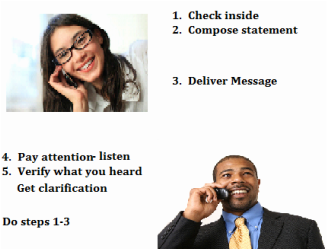A life I was determined to end, hmmm. Thank you a thousand times for not giving up. Being the professional, kind, understanding, non-judgmental and sympathetic human that somehow in all my misery I was able to find. I am so grateful that you never once made fun of or dismissed my genuine suffering. ... I couldn't have asked for a better outcome. Even though the situation hasn't changed, I have.
You have done more for me than was imaginable in just six short months. My life has taken some incredible turns during our time together and knowing you were there has been a tremendous comfort. I would be lying if [I didn't say] what lies ahead has me a bit terrified but my brain feels unscrambled so I will deal. . . . Thank you Jeanne."
- H 2/5/14
I worked with a woman for about six months. This is average for clients at the Wellness Project. When we finished our work together, she surprised me with a letter. Her experience is what brings me satisfaction and happiness. I feel blessed that I was able to work with her, that she was able to heal so much, and that she shared her feelings with me. This client told me I could post her whole letter, but this is an excerpt, taking out any information that could identify her.









 RSS Feed
RSS Feed